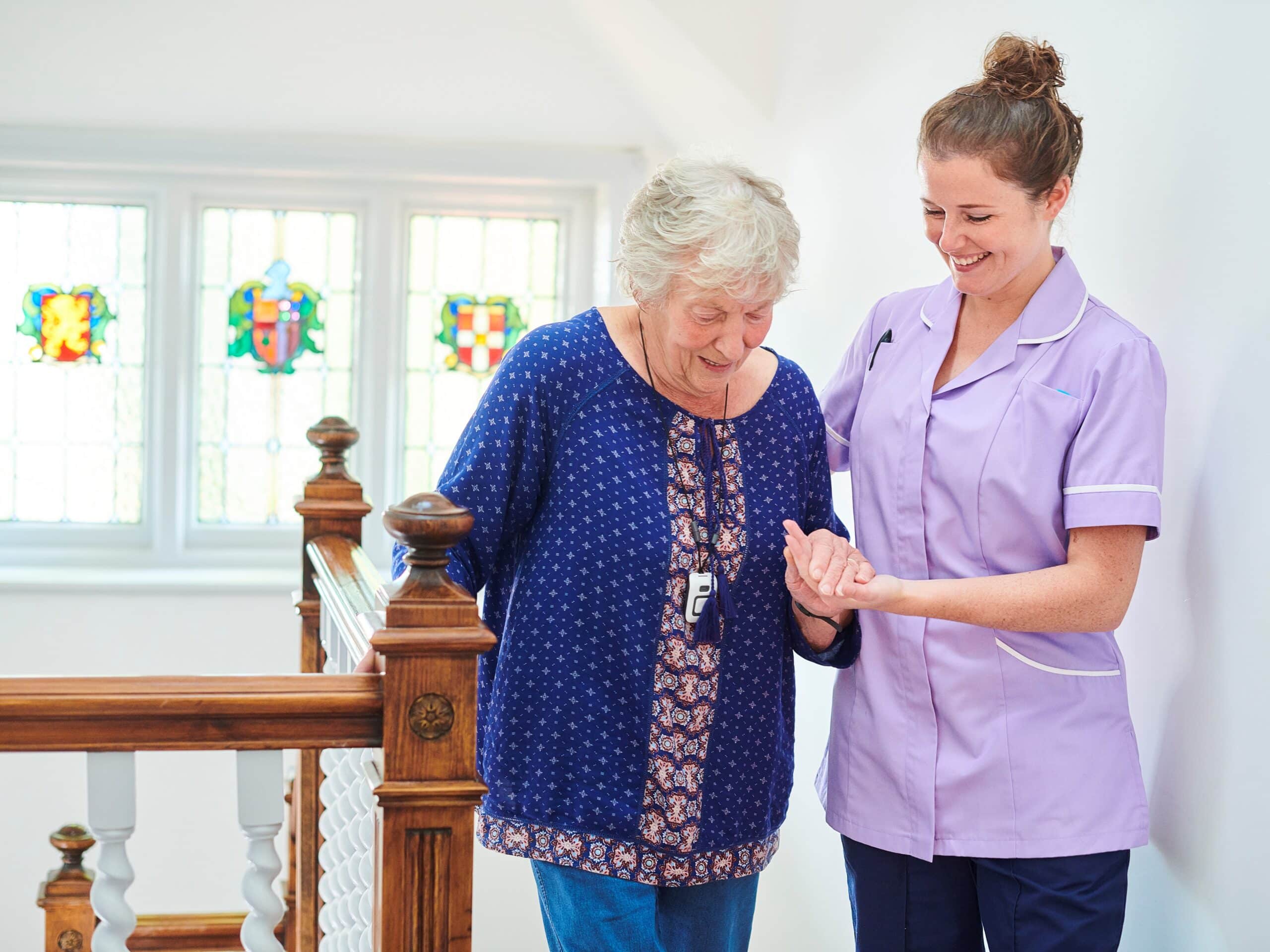The Causes of Swollen Legs in The Elderly
Common Causes of Swollen Legs in the Elderly?
Swollen legs in seniors, known as edema, can be caused by several conditions, including heart failure, kidney failure, and liver failure, where excess fluid builds up in the legs. Medications can also contribute to leg swelling. Some causes are temporary, while others may indicate more serious health issues. These include being overweight, pregnant, or standing/sitting in the same position for too long. According to the NHS, swelling in elderly legs can also be a sign of a more serious condition such “a blood clot, an infection, (or) problems with your kidneys, liver or heart.” If your legs have started swelling and have been like it for a few days then it’s always better to get it checked by a GP or practice nurse to ensure that nothing untoward is causing it, however sometimes it will go down on its own if you put your feet up for a day or two, especially in hot weather.
If, however, you’re struggling to manage your normal daily routine due to oedema, and you want some additional help at home you can contact Helping Hands, seven days a week. We offer visiting and live-in care and support so that you can continue to live comfortably at home, and all of our services are fully regulated by the Care Quality Commission and the Care Inspectorate Wales.
Unfortunately, there are some more serious causes of swollen legs in the elderly, including:
Chronic venous insufficiency
Chronic Venous Insufficiency (CVI) happens if the veins in your legs have become damaged and no longer work as they should. If working normally, valves in the leg veins keep blood flowing back up to the heart, but CVI damages those valves and causes blood to pool in the legs.
Congestive Heart Failure
Congestive heart failure is a long-term condition where your heart can no longer pump blood well enough to meet the body’s needs. The heart still works but cannot handle the amount of blood needed, causing blood to build up in other parts of the body.
Medication Causing Swelling
Certain medications can lead to oedema due to the way they interact with the body and what they’re designed to do. Some medications can cause excessive salt to be retained in the body and effect how the kidneys remove it, which can also lead to swelling in the legs.
How Can Elderly Leg Swelling Be Reduced?
First Visit a Medical Professional
Making sure that nothing serious is causing leg swelling is really important when it has appeared without warning. Even though it could be from nothing more than standing or sitting too long or experiencing a summer heatwave, it’s still a good idea to speak to your GP or community nurse to ensure that there isn’t something else going on with your body.
Raise Your Legs and Get Gentle Exercise
While it’s a good idea to speak to your GP before you undertake any exercise if you’re usually quite sedentary, increasing your activity levels is good for your circulation, muscles, and general fitness. Losing weight can sometimes help to reduce swelling in the legs and feet so by increasing activity it may benefit you all round.
Avoid Infections by Washing Your Feet
Demonstrating good foot hygiene is important in avoiding infections that may produce swelling in the legs and feet. Keeping feet clean and dry will also make them feel much more comfortable in hot weather and keep the people around you happy! It’s important to wear comfortable socks that aren’t too tight and well-fitting shoes too.

Can I Receive Support for Old-Age Leg Swelling?
The answer is yes! Depending on the type of support you’re looking for, you will be able to find it from Helping Hands or a community healthcare source. If you are struggling at home and need additional support for day-to-day tasks such as housekeeping, meal preparation, and personal care, having support at home will make a huge difference to your everyday life. If you’re concerned about the cost, then you may be able to claim benefits or allowances that will cover some or all of the cost. Your GP or community nurse will also be able to support you in making healthier lifestyle choices such as a low salt diet or losing weight. You shouldn’t just ignore swollen legs in elderly people as they can be a sign of something more serious that needs attention.
How Helping Hands Can Help
If you’re living with old age leg swelling and you’re wondering how to manage your everyday routine, then talk to Helping Hands! We’ve been supporting people to enjoy their regular way of life at home and in their community since we were established in 1989, and across all of England and Wales, we have thousands of satisfied customers. We’ve helped make life easier in so many cases of elderly leg swelling where people are struggling to manage, regardless of the condition they’re living with. With all of our visiting and live-in care services we offer flexible, person-centred support, and because we’re fully regulated by the Care Quality Commission and the Care Inspectorate Wales.